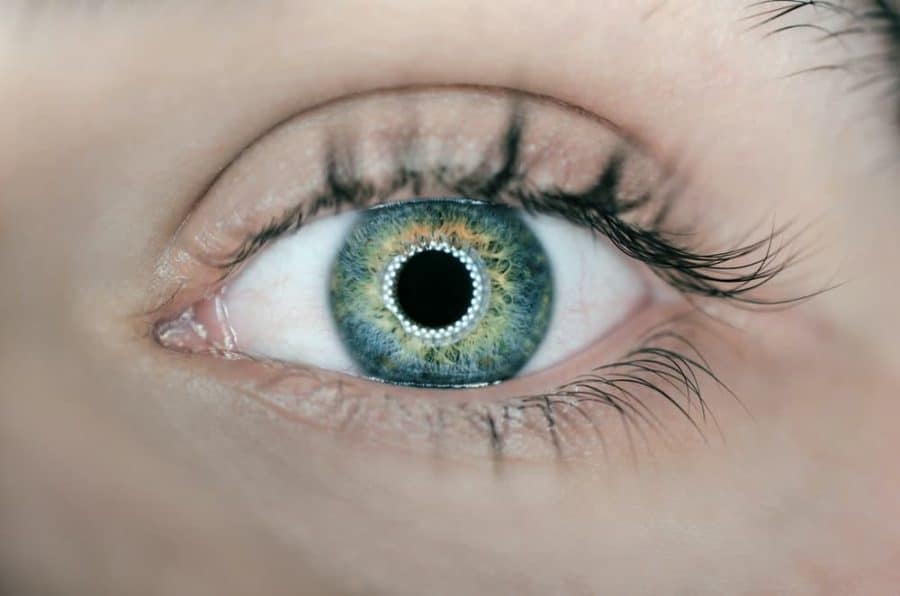LASIK surgery is a corrective procedure that has helped thousands of individuals improve their eyesight. With a 99% success rate, many individuals are considering undergoing it. Although it might seem like an easy solution to not wearing glasses ever again, the procedure isn’t suitable for everyone.
Having certain medical conditions or suffering from severe eye conditions might put you at great risk. That is why it’s important to be fully informed about LASIK surgery in Charlotte, before booking an appointment.
What Does the Procedure Involve?
Commonly referred to as LASIK (Laser-Assisted In Situ Keratomileusis), the surgery involves reshaping the cornea. By using different blunt blades, lasers, and other blades, surgeons can remove the cornea flap or reshape it to improve vision.
Even though we use the acronym LASIK to address the operation, there are many other specific eye surgery procedures which will be discussed further in this article.
Undergoing the procedure involves detailed assessment and medical examination. Your ophthalmologist will use a specialized tool to measure the eyeball and the curvature of the cornea (the top lid or flap of the eye). Once the medical condition is diagnosed, your doctor will be able to suggest a specific kind of surgery.
Depending on your vision conditions, you will undergo the relevant procedure. The procedure involves a laser or blunt blade cutting through the cornea. Either removing, thinning, reshaping, or raising the cornea. Ultimately eliminating the need for contact lenses or glasses.
It can be quite daunting, sitting in your ophthalmologist’s chair and being awake during the procedure, but it’s well worth it. The procedure takes about 20 minutes and is done while you are awake. Patients can take valium to calm their nerves.
Luckily the specialized laser tools are designed to shut off when the eye makes any sudden movements while under surgery. This prohibits the surgeon from making any errors during the procedure. Find out what LASIK laser in LASIK surgery is really like here: https://www.youtube.com/watch?v=Ge1-Xm8IVEQ
Does it Really Work?
Yes, it really does work. Statistics prove that most patients achieve a 20/25 vision after the procedure. Patients who have a healthy immune system and are eligible for the surgery, have a very quick healing time.
There have not been any reports of patients having serious complications or side effects afterward.
Although very rare, some side effects do include:
- Astigmatism: when tissue has been removed unevenly. This will require additional surgery or wearing contact lenses and glasses.
- Change in Vision: In severe cases, people may experience loss of sight or at most blurred vision. Patients can also experience double vision, glaring of images, and a halo effect around bright lights, this generally only lasts a few days after surgery.
- Dry Eyes: The procedure can cause a temporary halt of tear production causing dry eyes. Luckily, this is easily treatable by eye drops and will eventually heal after a few weeks.
- Under- or Overcorrections: When the surgeon removes too much or too little of the tissue from your eye, you might have to go for additional surgeries.
- Flap Complications: There is a slight chance that removing tissue from the eye might cause infections, excess tearing, or abnormal growth during the healing process.
These side effects have been rarely reported, and your surgeon will go through all the possible risks before booking operating on you.
 Who Can Undergo the Surgery?
Who Can Undergo the Surgery?
Patients, preferably over the age of 18, who suffer from nearsightedness (myopia), astigmatism, or farsightedness (hyperopia) are eligible for LASIK. As long as the patient’s eyes are healthy, they’ll be able to reap the benefits from LASIK.
Anyone who suffers from diabetes, weak immune systems, chronic pain, or depression might be at a higher risk for possible side effects. Patients with more severe eye conditions such as lid disorders, chronic eye dryness, enlarged pupils, cataracts, glaucoma, presbyopia, severe nearsightedness, or keratitis might also be at a higher risk.
Read this to learn more about different eye medical conditions and how to recognize them.
What Kinds of Laser Eye Procedures Are Offered?
As mentioned before, LASIK is the general name when referring to laser eye surgery, and there are a few different kinds that address different cornea-related conditions:
PRK (Photorefractive Keratectomy)
The epithelium (top surface of the cornea) is scraped away instead of forming a new flap. A great alternative to laser eye surgery for people who are more likely to be hit in the eye from playing contact sports.
Implantable Lenses
Perfect for older patients who might need cataract surgery in the future. In the same way that the natural cloudy lens is removed in cataract surgery, the natural lens of the eye is removed and replaced by permanent corrective lenses resembling contact lenses.
LASEK (Laser-assisted Subepithelial Keratectomy)
By using a microkeratome (special cutting device), a flap is created allowing the surgeon to remove less tissue by exposing the cornea to the solution ethanol. The cornea is then reshaped using a laser. Perfect for patients with thin corneas and who are at greater risk for injury.
Epi-LASIK (Epithelial Laser-assisted In Situ Keratomileusis)
The most common LASIK surgery involves the surgeon separating the stroma from the epithelium using an epi-keratome, a blunt blade device. The cornea is then reshaped using a laser.
When one or more of the above techniques are combined it’s referred to as bi-optics.
What Does it Cost?
In most cases, medical insurance doesn’t cover the costs of LASIK eye surgery. A patient can pay anything from $2,000 – $2,500.
Because you have to pay for the procedure out of your own pocket, it will be wise to source a credible and experienced surgeon. This is not a surgery where you can compromise quality over cost. Rather save a few more months and invest in a quality surgeon than having to spend thousands more in the future on additional surgeries.
Considering LASIK eye surgery can be both scary and exciting. Your ophthalmologist will be able to recommend the right procedure for you based on the in-depth assessment of your vision, giving you excellently satisfying results.



 Who Can Undergo the Surgery?
Who Can Undergo the Surgery?